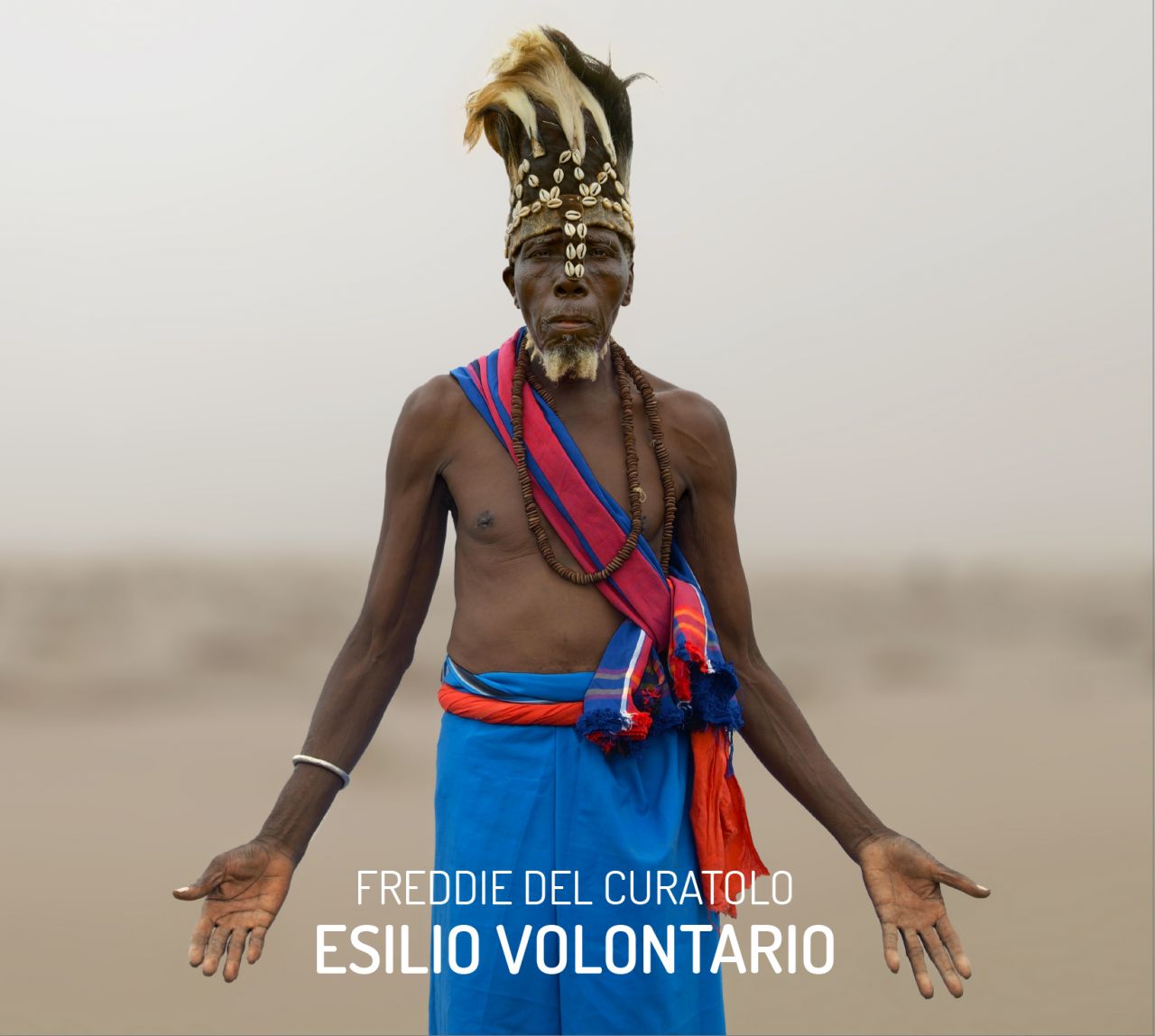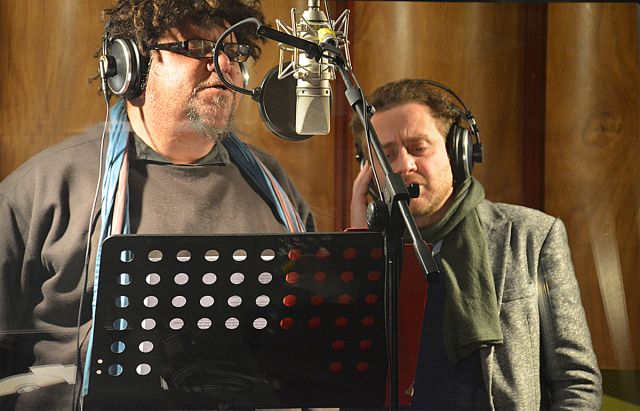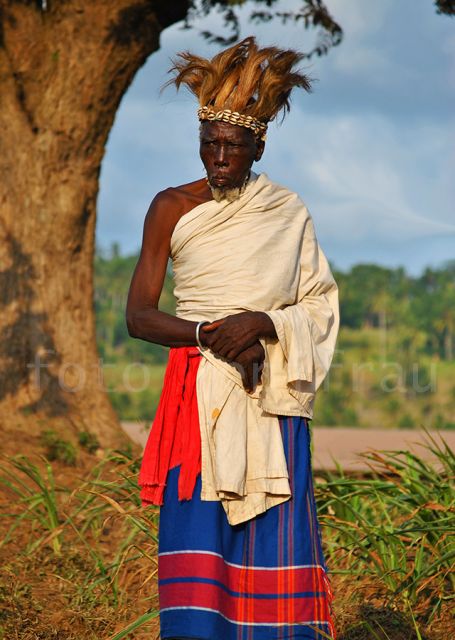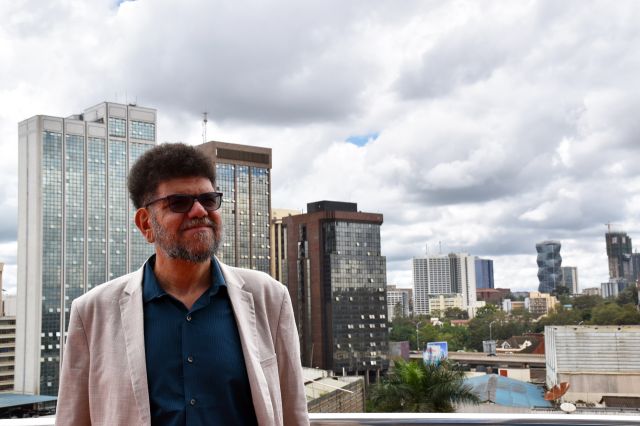
MUSICA
27-06-2016 by Laura Bianchi

Everyone seeks their own Equator; a point of equilibrium, where the sun falls on our lives, the heat gives us strength, and we feel in harmony with Mother Earth. Someone chases it all our existence, someone else arrives late, someone finds it without moving, someone else needs to move to be moved.
Alfredo Del Curatolo, known as Freddie, from Milan and Genoa, a Malindino by election, found his Equator truly at the Equator, in Kenya, where he continued to write, compose songs, play and become curious about the infinite wealth of life and humanity.
Freddie's Kenya is not, however, that of the various Briatore and those who gave birth to Milandi, rich in tourist resorts, not places, from which the holidaymakers do not move to get to know the local cultures and eat spaghetti and pizza from the rich buffets; Freddie's Kenya is an immense country, very rich in ethnicity and problems, contradictory and complex. A privileged observatory to reflect on the meaning of existence, on the world, on the true meaning of the expression live to the day, but also on the meaning of values as superficially abused as much as ignored in depth, such as respect, welcome, understanding.
It is in this Equator of the life of Freddie Exile that ten colourful and variegated traces of sounds, suggestions and themes are born, but all very focused in centering the overall message: only by reducing induced needs to a minimum and opening up to the essential as much as possible, it is possible to find one's own centre.
Therefore, if the record opens with a traditional prayer of the Mijikenda ethnic group, a people on the verge of extinction for economic reasons, sung by the voice of Katana Kalulu, spiritual leader of the Mijikenda murdered in 2014, the fact that the discourse continues with Chronopathy, with a Gaberian atmosphere, and with Valido, perhaps the most "Milanese" of the songs in the work, is not strident: because it is clear that Freddie's reflections range from Africa to contemporary Italy, from social issues to sentimental ones, to involve the listener in a journey that is not only geographical, but above all interior.
The stages of the journey are given breath and rhythm by the effective arrangements of Raffaele Abbate and Stefano Barotti, who have called upon artists such as Armando Corsi (whose suite for acoustic guitar that closes the last track adds further enchantment to one of the most beautiful songs in the work, Venezuela), Mario Arcari (his are the oboe that underlines the first piece and the clarinet of In ritardo ), Vittorio Alinari on tenor sax, bass clarinet and flute, Paolo Ercoli on dobro, Vladimiro Carboni (drums), Luca Silvestri and Pietro Martinelli (bass), as well as Barotti himself. A kaleidoscope of sounds and suggestions, conducted with a confident hand by the arrangers and interpreted with conviction by Freddie's powerful and expressive voice. But it is in the balance between text and music that even the listener reaches the Equator: when he crosses phrases like "Because he is only thirsting for love, beauty and knowledge. It is of happiness that one must die", or like "Look at me and look at me, my brother, I tell you because this is life", everyone understands that the added value of the record lies in the strength of its message.
MUSIC
by Freddie del Curatolo

Today in Italy, as for many sectors and aspects concerning art and culture, there ...
MOURNING
by Freddie del Curatolo

EVENTI
by redazione

Put the greatest poet of the Kenyan coast, the history of his homeland and its legends recited with passion. Add a songwriter that of the heart and true stories has made a way of life, even more than an artistic...
PERSONS
by redazione

The founder and director of the portal of Italians in Kenya, Alfredo 'Freddie' del Curatolo, is a...